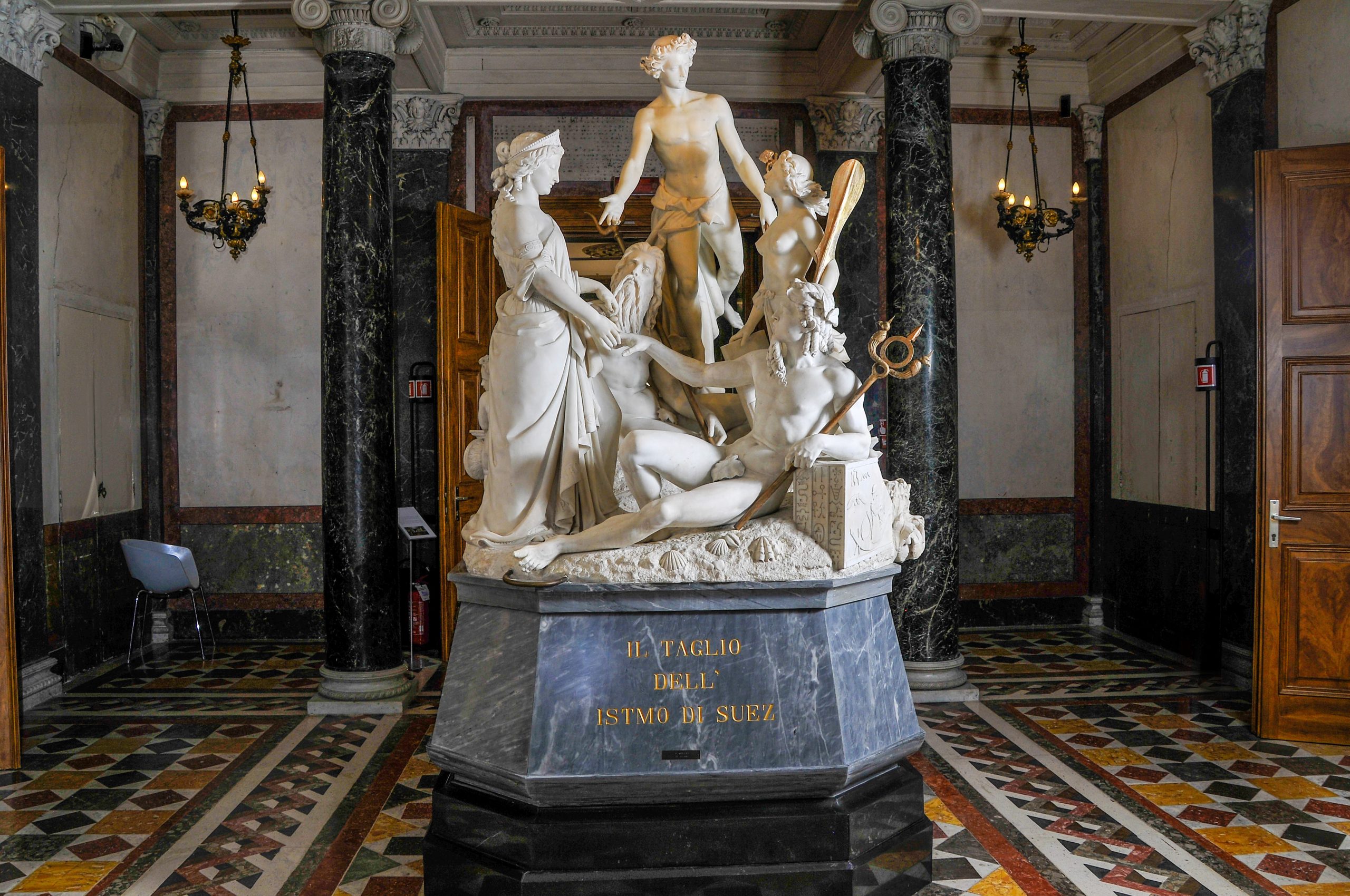by InTrieste
As Italy prepares to mark Festa della Liberazione on April 25—a national holiday commemorating the fall of Fascism and the end of Nazi occupation—Trieste is opening the doors of its museums and memorial sites to the public, offering locals and visitors a chance to reflect on the country’s complex past through art, history, and remembrance.
The City of Trieste has announced extended opening hours across all municipal museums for Liberation Day, part of a broader effort to make cultural heritage more accessible during key national holidays.
Among the most poignant sites open to the public is the Risiera di San Sabba, a former rice mill turned Nazi concentration camp, now a national memorial. It will remain open from 9 a.m. to 7 p.m., and will host the city’s official Liberation Day commemoration at 11 a.m. on April 25. The ceremony, held on the solemn grounds where thousands were imprisoned, tortured, and killed, is expected to draw local officials, veterans’ groups, and members of the public in remembrance of those who fought for Italy’s freedom.
Other historical venues such as the Museum of the Risorgimento and Oberdan Memorial (10 a.m.–5 p.m.) and the Basovizza Foiba Documentation Center (10 a.m.–6 p.m.) will also be open, offering deeper insight into the region’s role in 20th-century European history.
Trieste’s more traditional art and cultural institutions—including the Revoltella Museum, the San Giusto Castle, and the Carlo Schmidl Theater Museum—will observe regular holiday hours, providing a broad spectrum of experiences that range from fine arts to natural history.
The initiative is part of the city’s commitment to keeping memory alive through public spaces—an especially meaningful gesture in a borderland city like Trieste, where history is etched into every corner.
Liberation Day, which marks the 80th anniversary this year, is a time of national unity and remembrance in Italy. In Trieste, it’s also a moment to honor resilience through cultural connection and public reflection.





























